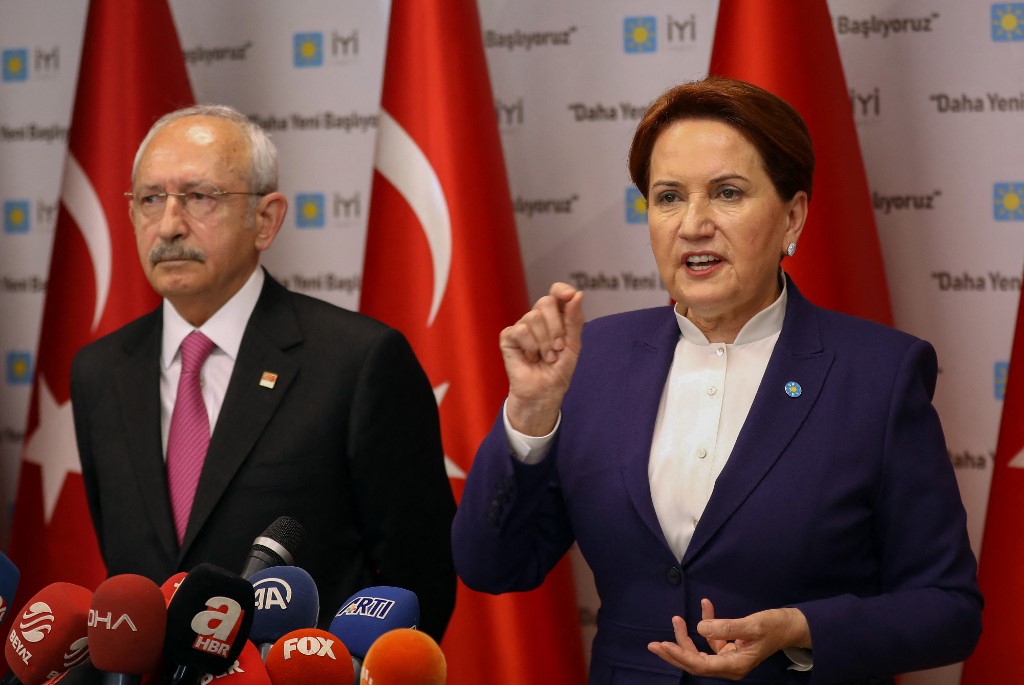According to the results of a recent opinion poll conducted by the Ankara-based MetroPoll, 49.7 percent of voters said they “feel closest to” the county’s opposition bloc or “preferred” it over President Recep Tayyip Erdoğan’s alliance, local media reported on Saturday.
The results of the survey, titled “Turkey’s Pulse – January 2021” and conducted Jan. 8-12 on 1,508 people in 28 provinces, were shared Saturday by Özer Sencar, the owner of MetroPoll, on social media.
MetroPoll determined the percentages of the nationwide support for the two alliances in Turkey based on the question “Which alliance do you feel closest to?” Some of the survey’s participants answered they didn’t feel close to either of the alliances; however, they “preferred” one over the other.
The results showed that 43.7 percent of participants said they felt closest to the opposition’s Nation Alliance, composed of the main opposition Republican People’s Party (CHP) and the nationalist İYİ (Good) Party.
Forty percent of participants said they felt closest to President Recep Tayyip Erdoğan’s Public Alliance, comprising his ruling Justice and Development Party (AKP), the far-right Nationalist Movement Party (MHP) and the Grand Unity Party (BBP), according to the poll.
MetroPoll said nationwide support rose to 49.7 percent for the Nation Alliance while it increased to 42.1 percent for the Public Alliance when respondents who “prefer” one group over the other are added to the percentages.
Sencar noted in a tweet that the figures didn’t reflect the pressure that recently increased electricity and natural gas prices has imposed on people, adding that they would be “clearly seen” in the February polls.
Turks started 2022 with news of jacked-up prices, fueled by a currency crisis amid the highest rate of inflation in nearly two decades.
Turkey’s Energy Market Regulatory Authority (EPDK) announced on Jan. 1 that it had raised electricity prices by 52 percent for lower-demand households for the new year and 127 percent for high-demand commercial users, while the Petroleum Pipeline Corporation (BOTAŞ) raised natural gas prices by 25 percent for households and 50 percent for industrial users.
In the last general election, held in June 2018, the AKP garnered a nationwide vote of 42.6 percent. However, public surveys have increasingly been showing the party’s public support to be slipping.
Erdoğan, whose ruling AKP has been in power as a single-party government since 2002, was elected president in 2014 and reelected in 2018. His election in 2018 was under a presidential system as Turkey switched from a parliamentary to a presidential system of governance with a public referendum in 2017. Under the presidential system, Erdoğan is accused of establishing one-man rule, destroying the separation of powers and silencing dissent.
The AKP government launched a massive crackdown on non-loyalist citizens following a failed coup in July 2016 as thousands of people were jailed on trumped-up terrorism or coup charges.



